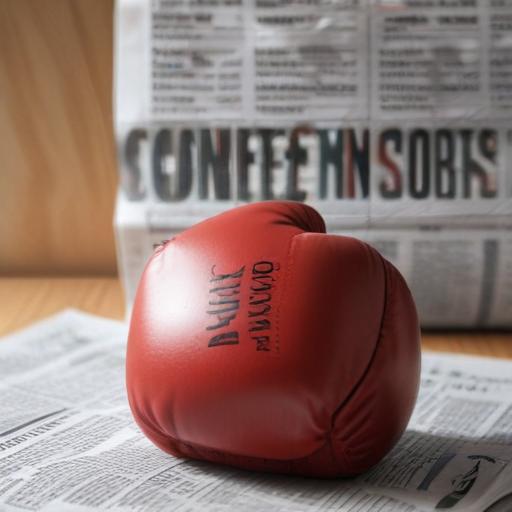U.S. immigration authorities have detained renowned Mexican boxer Julio César Chávez Jr. just days after his highly publicized bout with Jake Paul. Chávez was arrested outside his residence in Studio City, Los Angeles, for overstaying his visa and allegedly providing false information on a green card application.
Chávez, 39, is a former WBC middleweight champion and the son of boxing legend Julio César Chávez. Despite struggles with substance abuse and legal issues throughout his career, he managed to achieve significant success in the ring, including three title defenses. However, his professional life has been marred by controversies, such as a DUI conviction in 2012 and more recent gun charges from early 2024.
The incident occurred as Chávez was reportedly riding a scooter when federal agents surrounded him. His attorney, Michael Goldstein, noted that the operation went down without prior notification to his family. Notably, days before his arrest, Chávez fought and lost to Paul in a match that garnered considerable attention.
Chávez entered the United States on a tourist visa in August 2023, which expired in February 2024. Federal officials claim he filed fraudulent statements regarding his residency application linked to his marriage to a U.S. citizen. Additionally, he faces organized crime charges in Mexico, with extradition proceedings initiated shortly after his arrest.
Goldstein expressed uncertainty over Chávez’s current detention location and stated that the boxer is undergoing “expedited removal” from the U.S. However, Chávez’s family remains supportive, asserting their belief in his innocence and trust in legal processes.
This situation highlights the complexities surrounding immigration and legal implications for public figures. Chávez’s case exemplifies the intersection of sports, celebrity, and the law, and raises questions about the timing and coordination of immigration enforcement actions, especially in the context of recent high-profile events. The boxing community and fans will be watching closely as this situation unfolds, hoping for a resolution that respects justice while considering the personal challenges faced by the athlete.
